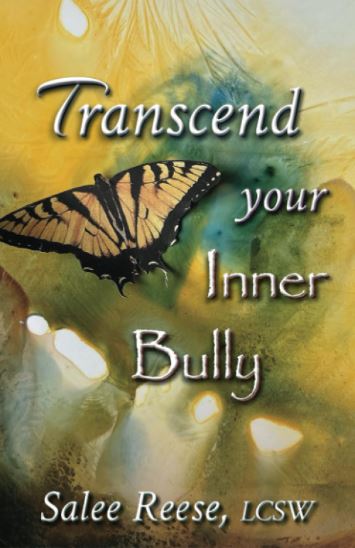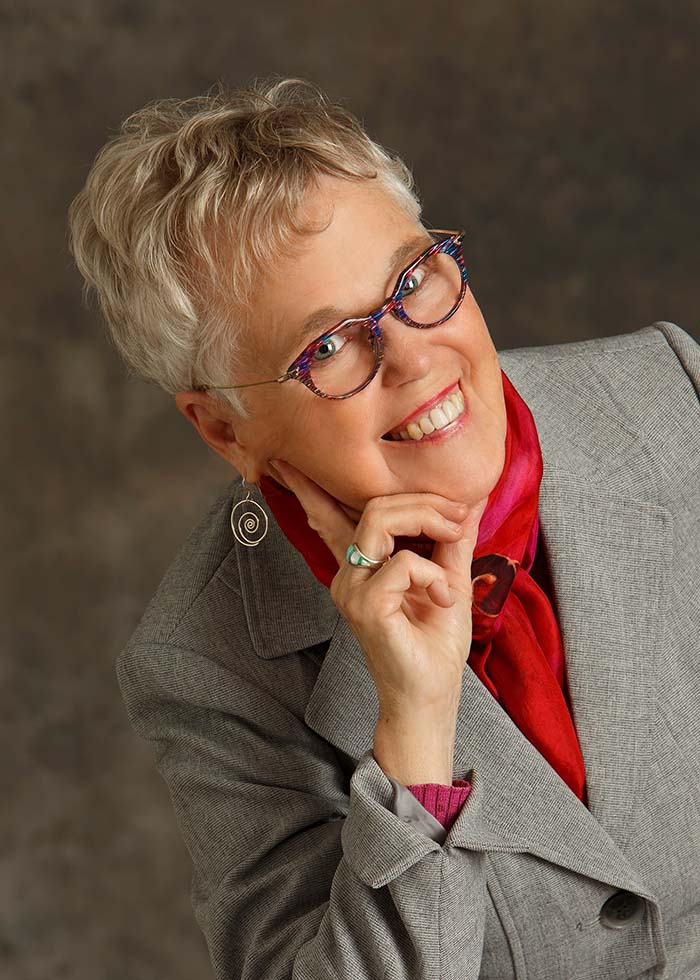
Welcome...
Freeing people from their psychological cages is the passion that drives me. Thirty years as a therapist has revealed a common thread underlying many of the problems that prompt people to seek help: a caged self—an existence tethered to deeply ingrained patterns of behavior and thinking. Sparked by a desire to reach more people, I began writing a weekly newspaper column, Life Changes. Then came my first book, When the Cage Dies, the Bird Lives, that I also illustrated. My second and newest book, Transcend your Inner Bully, has just been released. My hope is that what you find here will help free you.
Newly Released: Transcend your Inner Bully
It judges and badgers you almost every moment of every single day. The good news is that you can free yourself from its influence. And this book by therapist Salee Reese, LCSW, will show you how.




